
Unveiling the Top AI Editing Assistants
In what has been a horrific week in aviation, a PAL Airlines aircraft operating as Air Canada flight AC2259 made an emergency landing at Halifax Stanfield International Airport on Saturday night due to a landing gear failure, which resulted in a fire.
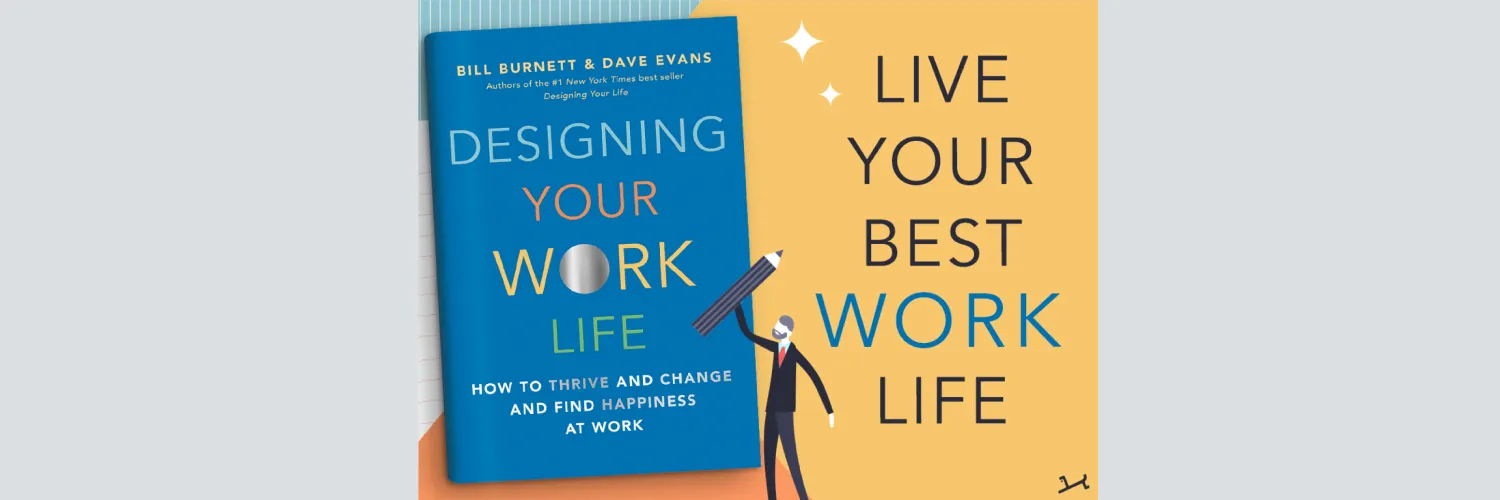
Designing Your Work Life: Autonomy, relatedness, and competence (ARC)
"Designing Your Work Life: Autonomy, Relatedness, and Competence (ARC)" explores how the interplay of these three psychological needs shapes a fulfilling work environment. Autonomy emphasizes the importance of self-direction and control in one's tasks, while relatedness highlights the value of meaningful connections with colleagues. Competence focuses on the need for mastery and skill development. Together, these elements contribute to enhanced motivation, job satisfaction, and overall well-being, ultimately helping individuals create a more engaging and productive work experience.

How to Be a Productivity Ninja: Attention management
"How to Be a Productivity Ninja: Attention Management" emphasizes the importance of honing your focus to enhance productivity. It encourages individuals to identify and minimize distractions, adopt techniques like time blocking, and prioritize tasks effectively. By cultivating awareness of your attention patterns, you can improve your ability to concentrate on what truly matters. The book offers practical strategies for managing your environment, leveraging technology, and fostering a mindset that supports sustained attention, ultimately leading to greater efficiency and fulfillment in both personal and professional life.

How to ruin your brain less while using the internet
To minimize brain strain while using the internet, prioritize mindful browsing habits. Set specific time limits for online activities to avoid excessive screen time, which can lead to distraction and fatigue. Curate your content by following reliable sources and avoiding sensationalism. Engage in digital detoxes, allowing your mind to rest from constant information overload. Incorporate breaks to stretch and relax, and balance online activities with offline pursuits. By being intentional with your internet use, you can protect your cognitive health.
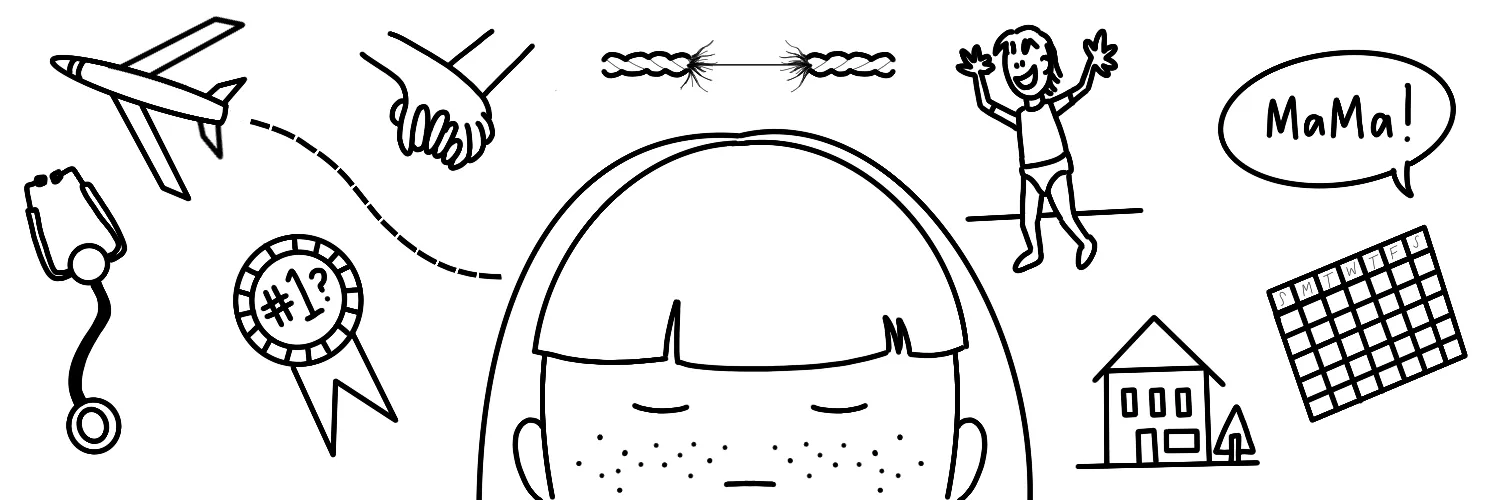
What working parents need at work
Working parents need a supportive workplace that accommodates their unique challenges. Flexibility in hours and the option for remote work can help them balance professional responsibilities with family needs. Access to childcare resources, parental leave policies, and understanding from colleagues and management are crucial. An inclusive culture that acknowledges the demands of parenthood fosters employee well-being and productivity. Ultimately, creating an environment that prioritizes work-life balance enables working parents to thrive both at home and in their careers.

How to transition back to work from maternity leave
Transitioning back to work after maternity leave can be challenging yet rewarding. Start by communicating with your employer about your return date and any necessary adjustments. Gradually reacquaint yourself with your responsibilities and colleagues, and consider setting flexible work hours if possible. Establish a support system at work and home to help manage childcare and workload. Finally, be patient with yourself as you adjust to balancing professional and personal responsibilities, embracing the changes that come with this new chapter.

Why being a manager is terrible...and wonderful
Being a manager can be a double-edged sword, filled with both challenges and rewards. On one hand, the stress of decision-making, conflict resolution, and accountability can be overwhelming, often leading to feelings of isolation and burnout. On the other hand, the opportunity to inspire and develop a team, drive meaningful change, and witness growth in others can be incredibly fulfilling. Balancing these contrasting experiences makes management a complex yet ultimately enriching journey.

How to bring joy into your work day
Bringing joy into your workday can significantly enhance your overall productivity and well-being. Start by cultivating a positive mindset, focusing on gratitude for your tasks and accomplishments. Incorporate small breaks to recharge, allowing time for a brief walk or a chat with a colleague. Personalize your workspace with items that inspire you, and set achievable goals to celebrate small victories. Engaging in light-hearted interactions and fostering connections with coworkers can also create a more enjoyable atmosphere, making work feel less like a chore.

How to be an effective manager during a crisis
Being an effective manager during a crisis involves clear communication, empathy, and decisive action. It's crucial to maintain transparency with your team, providing regular updates and addressing concerns openly. Demonstrating empathy helps to build trust and morale, allowing employees to feel supported. Additionally, making informed decisions promptly can mitigate further issues, while remaining adaptable to changing circumstances is essential. Encouraging collaboration and fostering a sense of unity can empower the team to navigate challenges together, ultimately leading to a more resilient organization.
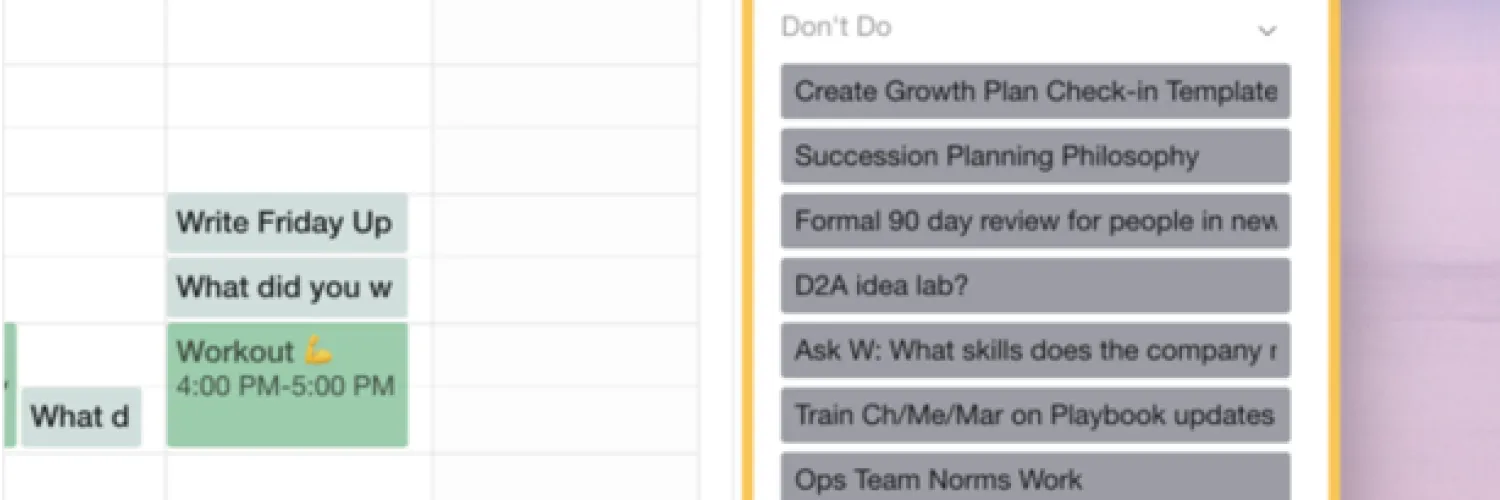
How to stay productive during a crisis
Staying productive during a crisis requires adaptability and focus. Begin by establishing a structured routine that prioritizes essential tasks. Break larger projects into manageable steps to prevent overwhelm. Create a dedicated workspace to minimize distractions and promote a sense of normalcy. Regularly reassess your goals and adjust them as needed to align with changing circumstances. Incorporating short breaks can help maintain mental clarity, while staying connected with colleagues or friends provides support and motivation. Embrace flexibility and self-compassion throughout the process.

Pick one priority every week, and focus on it
Choosing a single priority each week allows you to channel your energy and resources effectively. By focusing on one specific goal, you can eliminate distractions and enhance your productivity. This approach encourages deeper engagement with the task at hand, fostering a sense of accomplishment as you make significant progress. It also helps in managing time better, reducing overwhelm, and ensuring that you consistently move forward in areas that truly matter to you. Embrace this strategy for improved clarity and success.
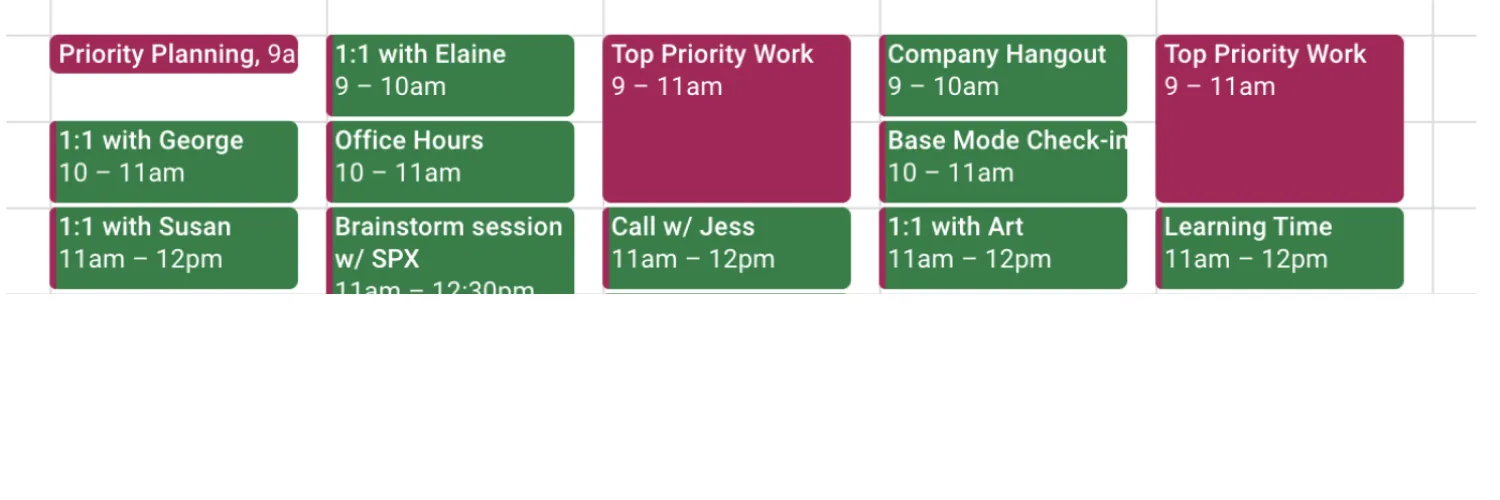
Prioritize your work by taking these 5 steps
To effectively prioritize your work, start by identifying your most urgent tasks and categorizing them based on deadlines and importance. Next, evaluate the potential impact of each task on your goals and objectives. Create a structured to-do list that reflects these priorities, ensuring you focus on high-value activities first. Set specific time blocks for each task to maintain momentum, and regularly reassess your priorities as new responsibilities arise. This systematic approach will enhance your productivity and help you stay organized.

5 ways to thrive in your customer support role
To excel in a customer support role, focus on effective communication by actively listening to customer concerns and responding clearly. Cultivate empathy to better understand and address their needs. Stay organized by managing your time and prioritizing tasks efficiently. Continuously seek to improve your product knowledge, enabling you to provide accurate information. Lastly, embrace feedback as a tool for growth, allowing you to refine your skills and enhance the overall customer experience.

More complicated isn't always better
In a world that often values complexity and sophistication, the idea that "more complicated isn't always better" serves as a reminder of the power of simplicity. Overly intricate solutions can lead to confusion, inefficiency, and greater room for error. Embracing simplicity allows for clearer communication, easier implementation, and a more accessible understanding. Stripping away unnecessary layers reveals the essence of a problem, making it easier to solve. Ultimately, sometimes the simplest solutions are the most effective and enduring.

How to be old in tech
Embracing aging in the tech world involves a blend of adaptability and continuous learning. Staying updated with emerging trends and technologies is crucial, as is fostering a mindset that values experience and knowledge. Engaging with younger professionals can provide fresh perspectives, while mentoring can enhance your own skills. Building a strong network within the industry helps maintain relevance, and actively participating in workshops and online courses can keep your skills sharp. Ultimately, a positive attitude towards change is essential for thriving in tech at any age.

How to accomplish nothing and still feel exhausted
Accomplishing nothing while feeling exhausted often stems from a cycle of constant busyness without productivity. Engaging in mindless activities, such as excessive scrolling through social media or multitasking without focus, can drain mental energy without yielding results. The pressure to appear busy may lead to stress and fatigue, even when little is actually achieved. This paradox highlights the importance of intentional time management and the need to prioritize meaningful tasks over mere activity, ultimately fostering a sense of fulfillment rather than emptiness.
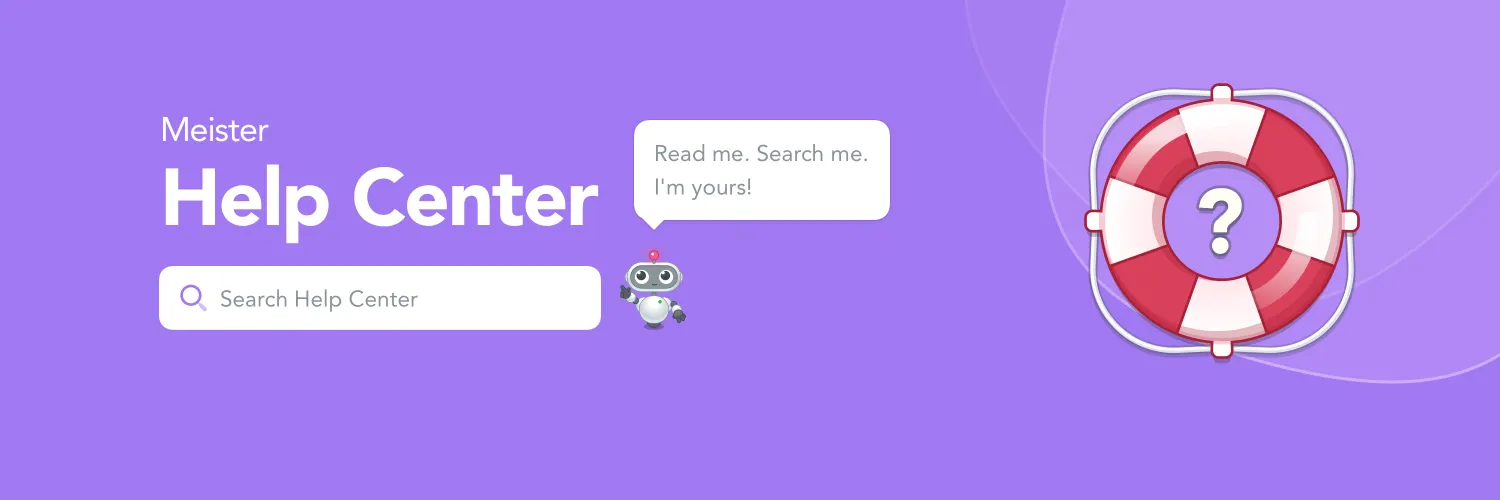
Want to get more out of your tool? Read the darn guide.
If you're looking to maximize the potential of your tool, taking the time to read the guide is essential. The guide is designed to provide insights and tips that can enhance your experience and efficiency. It offers valuable information on features you may not be using, troubleshooting common issues, and best practices for optimal performance. By understanding the full capabilities of your tool, you can achieve better results and make the most of your investment. Don't overlook this important resource.
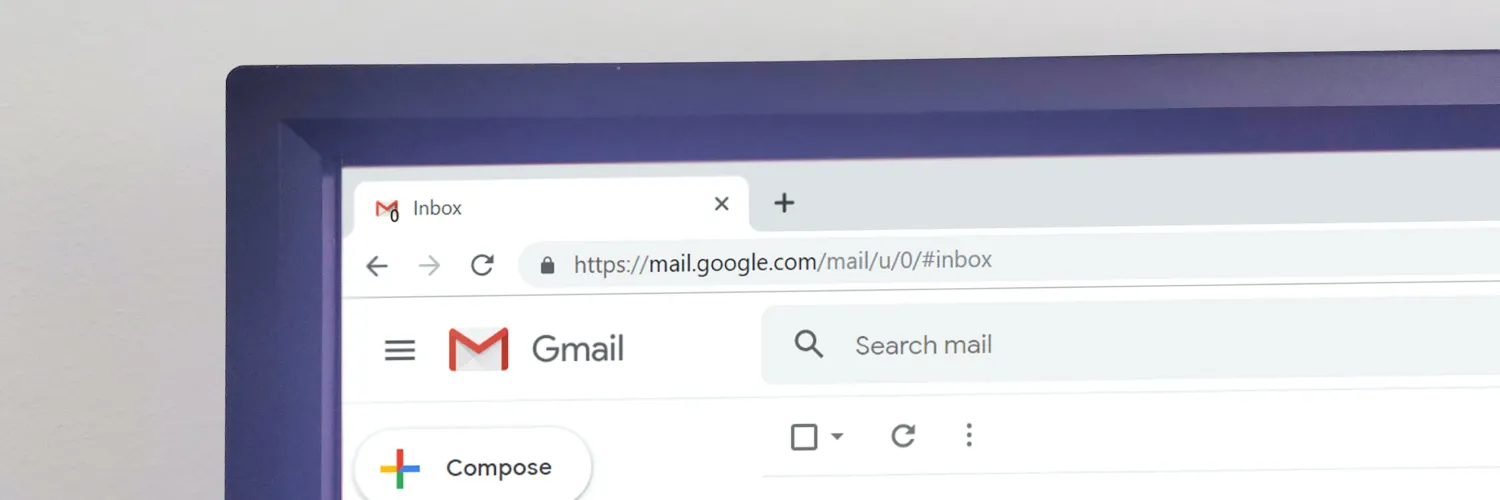
Just email the person back. It's really not that hard.
Responding to an email can often feel daunting, but it’s usually a straightforward task. Simply take a moment to gather your thoughts and craft a clear response. There’s no need to overthink it; just address the key points and express your thoughts concisely. Remember that communication is essential in maintaining relationships, whether personal or professional. By replying promptly, you show respect for the sender’s time and foster a positive exchange that can lead to further dialogue.

How to (appropriately) use emoji at work
Using emojis at work can enhance communication when done thoughtfully. They can help convey tone and emotion in messages, making interactions feel more personable. However, it's essential to consider the company culture and the context of the conversation. Reserve emojis for informal communications or when you have established rapport with colleagues. Avoid using them in formal emails or sensitive discussions, as they may be perceived as unprofessional. Always prioritize clarity and maintain professionalism in your interactions.

How I created a system for building habits to improve my productivity
I developed a personalized system for building habits that significantly enhanced my productivity. By identifying key areas for improvement, I set specific, achievable goals and established a daily routine that included regular check-ins and reflections. I utilized visual reminders and accountability partners to stay motivated and focused. Gradually, I integrated small, meaningful habits into my life, which helped to create a positive feedback loop, reinforcing my commitment and leading to sustainable changes in my productivity levels.

Atomic notes: How to use Zettelkasten to boost your creativity and productivity
Atomic notes are a foundational element of the Zettelkasten method, which enhances creativity and productivity through organized knowledge management. By breaking down information into small, interconnected notes, individuals can easily explore relationships between ideas, fostering deeper understanding and innovative thinking. This approach not only helps in retaining information but also encourages the generation of new concepts by linking seemingly unrelated thoughts. Ultimately, using atomic notes within a Zettelkasten system cultivates a dynamic, personalized repository that inspires continuous learning and creative output.